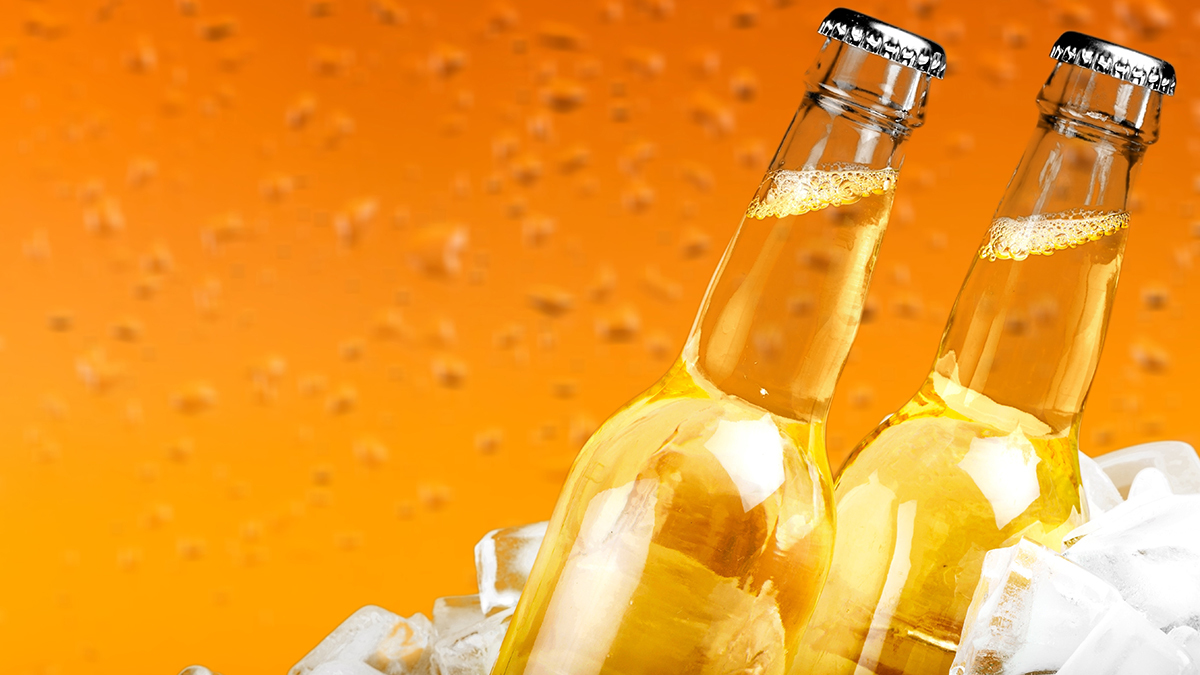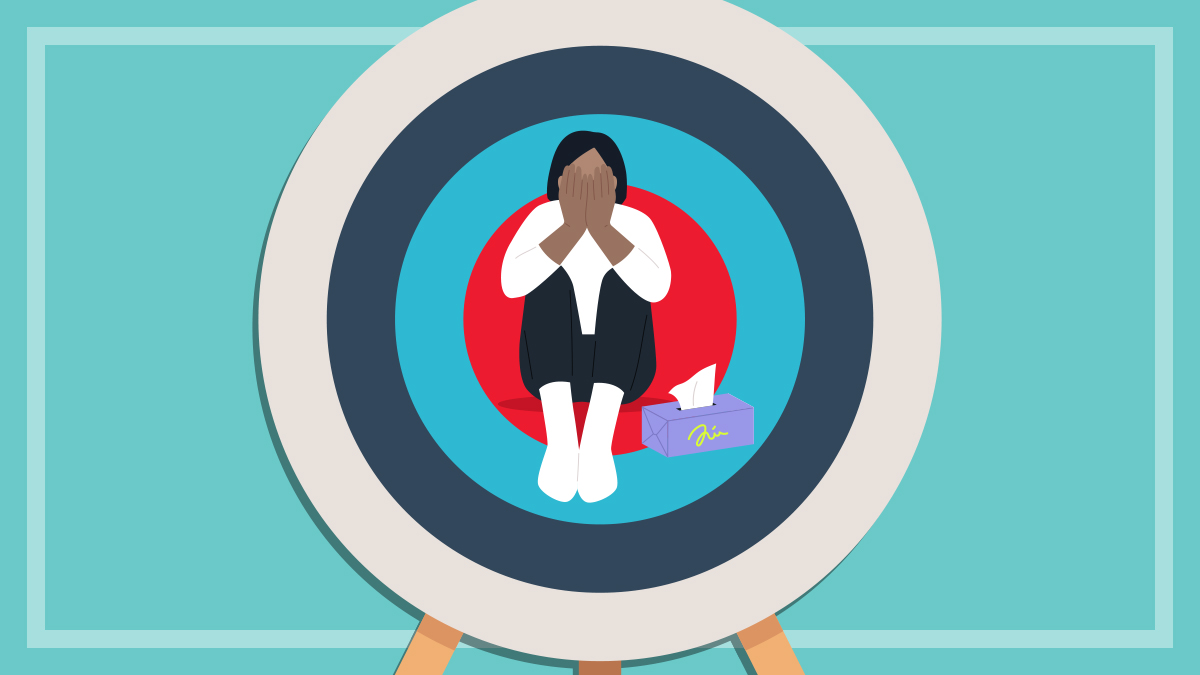Get our independent lab tests, expert reviews and honest advice.
Facebook and Instagram are awash with alcohol advertisements

If you feel like your social media accounts are being bombarded with alcohol advertisements, chances are you’re not alone.
According to a new report from the Foundation for Alcohol Research and Education (FARE), social media giant Meta, which owns Facebook and Instagram, hosted almost 40,000 distinct alcohol advertisements in a single year.
The study, which was partially funded by the Australian Research Council, found that the ads were often accompanied by links to online shops for alcohol products.
“The fact that most ads have a direct link that instantly sells alcohol at the click of a button makes every phone a bottle shop, and dramatically increases the availability of alcohol and the potential for harm, particularly when people are trying to avoid alcoholic products,” says FARE CEO Caterina Giorgi.
The fact that most ads have a direct link that instantly sells alcohol at the click of a button makes every phone a bottle shop
Caterina Giorgi, FARE CEO
“If you want to stay away from a brick-and-mortar bottle shop, you can cross the street or take a different route. But on social media, there is no escape when alcohol companies are allowed to relentlessly market their addictive products to people at the highest risk of harm.”
We’ve launched a new #report – ‘Alcohol advertising on social media: a 1-year snapshot’In collaboration with #researchers, the report reveals how alcohol companies ply our community with thousands of ads on our social media platforms.Read it here: https://t.co/1wFqut8UFX pic.twitter.com/HxkB1vBNlK
— FARE (@FAREAustralia) March 8, 2023
The study collected data from the Meta Ads Library for the 12 months up to November 2022. The researchers found a seasonal pattern with more advertisements posted in December than any other time of year and linked heavily to Christmas and New Year celebrations.
The study follows previous research which found that children were receiving targeted alcohol advertising on social media platforms.
Giorgi said the upcoming federal government review of the Privacy Act was an opportunity to stop alcohol companies from using personal data to target their advertising.
“Common sense measures are needed to prioritise community health and safety ahead of the profits made by large alcohol companies and retailers,” she says.
CHOICE consumer data advocate, Kate Bower, agrees “The Privacy Act review is an opportunity to address the harms caused by targeted advertising of harmful products, such as alcohol and gambling”.
CHOICE wants to put the onus back on businesses to do the right thing by consumers. “Businesses should have a legal obligation to consider the safety and well-being of the people whose data they are using ” says Bower.





